Understanding the Role of Supplements in Athletic Performance
Supplements are increasingly recognized as a significant component of an athlete’s regimen, contributing not only to enhanced performance but also to overall well-being. As athletes strive for optimal results, the integration of quality supplements can aid in achieving personal fitness goals, whether preparing for competitions or aiming to improve day-to-day performance. A variety of supplements exist, with protein powders being among the most popular due to their role in muscle recovery and growth. Protein is an essential nutrient that supports muscle development, enhances recovery post-exercise, and promotes a healthy metabolic rate.
Vitamins and minerals also play an important role in athletic performance by supporting metabolic processes and promoting overall health. For instance, B vitamins are vital for energy production, while vitamin D and calcium are crucial for bone health. This blend of micronutrients helps athletes perform at their peak levels, reducing the risk of injury and enhancing recovery times. Additionally, amino acids and creatine are widely used to support energy levels during intense workouts, allowing athletes to push their limits safely and effectively.
However, not all supplements are created equal. It is imperative for athletes to select high-quality products that are tailored to their specific needs and fitness objectives. The market offers a vast range of supplements, each claiming to provide various benefits. Athletes should engage in thorough research and, when possible, consult professionals such as nutritionists or trainers to develop a supplement strategy that aligns with their personal fitness goals. By understanding how specific supplements can complement training regimes, athletes can make informed choices, ultimately improving their performance and overall health.
Choosing the Right Supplements for Your Fitness Goals
Selecting the right supplements to align with your fitness goals is crucial for optimizing performance and achieving desired outcomes. Individual objectives can vary significantly, ranging from muscle gain and improved athletic endurance to enhanced recovery and general well-being. To make informed choices, it is vital to evaluate your specific fitness aspirations and lifestyle. A thorough understanding of available high-quality protein powders and vitamins can greatly contribute to effective supplementation.
Protein powders, for instance, play a pivotal role in muscle synthesis and recovery. Whether you are engaged in strength training, endurance sports, or simply seeking to supplement your diet, identifying the right type of protein powder is essential. Whey protein is often favored for its fast absorption rate, making it ideal for post-workout muscle recovery. Alternatively, plant-based options such as pea or hemp protein can cater to those with dietary restrictions or preferences. Assessing the unique benefits and selecting a powder that aligns with your nutritional needs can enhance performance significantly.
In addition to protein supplements, vitamins are essential in supporting overall health and optimizing physical activity. B vitamins, for example, are critical for energy production, while Vitamin C aids in recovery processes. A varied diet can provide many necessary nutrients, but supplementation can help prevent deficiencies, particularly for athletes who engage in intense training cycles. Consulting with a healthcare professional or a certified nutritionist can provide tailored guidance on the most suitable vitamin supplements, ensuring they complement your fitness routine effectively.
Incorporating these supplements into daily routines requires planning. Setting specific times for consumption, such as immediately after workouts for protein intake or during meals for vitamins, can streamline the process. Documenting your supplement regimen can help track progress and adjust as needed, ultimately supporting your fitness aspirations efficiently.

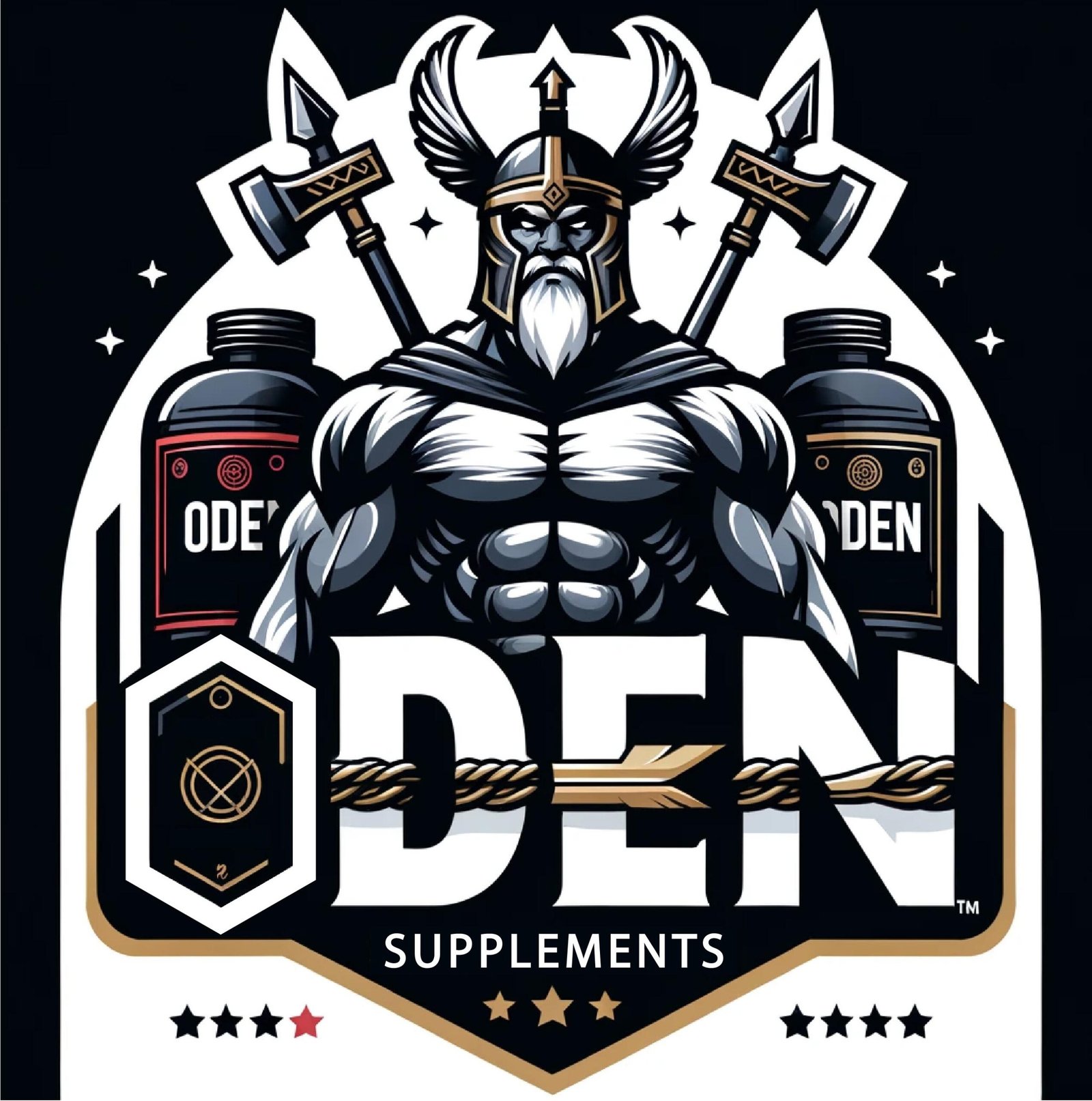
 API
API
 Blade Sport
Blade Sport
 Challenger Nutrition
Challenger Nutrition
 Full Force
Full Force
 GAT
GAT
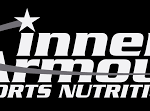 Inner Armour
Inner Armour
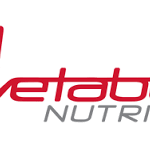 Metabolic Nutrition
Metabolic Nutrition
 Muscletech
Muscletech
 Now
Now
 Nutrent
Nutrent
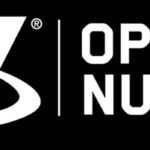 Optimum Nutrition
Optimum Nutrition
 Pharma First
Pharma First
 Ronnie Coleman
Ronnie Coleman
 Scitec Nutrition
Scitec Nutrition
 USN
USN
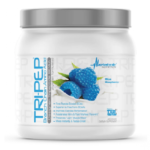 Amino Acids
Amino Acids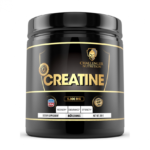 Creatine
Creatine Pre-Workout
Pre-Workout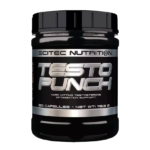 Testosterone
Testosterone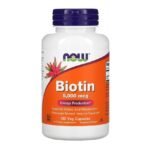 Vitamins
Vitamins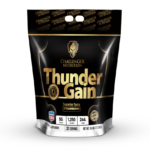 Weight Gainer
Weight Gainer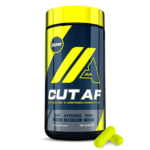 Weight Loss
Weight Loss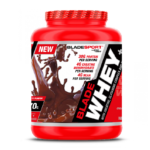 Whey Protein
Whey Protein